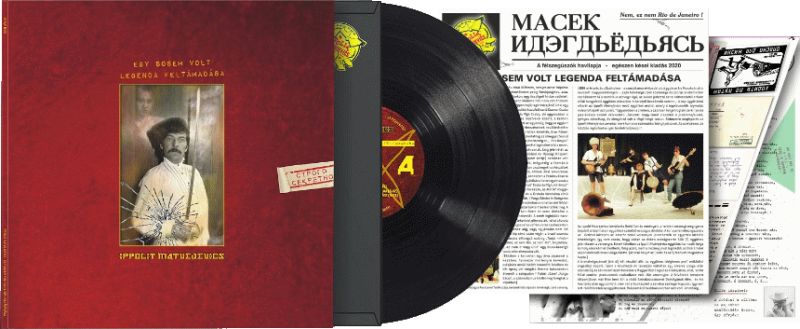In our Bible study group, Philip shared with me his experience of leprosy. His father took him to the missionary hospital. There, as a nine-year-old, he saw how a leper's hand was operated. Not going into visual details, the operation was needed to strengthen the ligaments in the person's hand. As leprosy advances, the person loses its senses to feel pain, and hold himself or herself. The reason I am sharing this recollection is to feel the leper in the Bible close to us. We are indeed closer to him than we think. What can we learn from the life-example of our Biblical leper?
'A man infected with leprosy must wear his clothing torn and his hair disordered: he must shield his upper lip and cry: "unclean, unclean." As long as the disease lasts he must be unclean; therefore he must live apart: he must live outside the camp.' This 'unclean', 'unclean'echoes in us with a timely message. Is not our experience of Covid 19 so much similar to that of those, who became outcasts because of leprosy. We feel a similarly painful separation. This is a separation from our previous, normal life. This is a similar separation from our friends, colleagues or members of family whom we are no longer able to see or visit when we want to.
'He must shield his upper lips and cry: "unclean, unclean".' With the beginning of the penitential season on Ash Wednesday this coming week, we should also ask. Are not we indeed 'unclean', have not we become 'unclean' as a culture? Is not our state - our unadmitted sins, our unexamined lives - crying for forgiveness? Have not we offended God, and Nature itself, with our sins and selfishness? Before we enter Lent, as a community, as a nation, as a culture, should raise this question.
To answer this big question, first we need to meet this leper (inside us) in person. For what we can learn from him, can lead us to genuine repentance. How is he our life example, an example for our faith?
Matthew and Luke, in their Gospel report that this miracle happened in the presence of a huge crowd. The leper comes to Jesus in the midst of a great crowd. They must have been astonished that a leper presses through them: a leper who was not allowed to approach anyone. The fact that he made his way to Jesus through all these crowds was so astonishing that Matthew uses the exclamation, 'lo!'.
The man 'comes beseeching him and falling on his knees to him' as a most humble suppliant. Luke says, he fell on his face while kneeling, bowing his head to the ground. In Matthew he prostrated himself and addressed Jesus as kyrie.
Oriental people were very free with prostrations, and kyrie was often little more than our respectful 'sir'. But here something more is going on.
At the time leprosy was incurable. So what the leper asks is less important. He knows that it is incurable. He knows that this healing may never happen, and he would humbly accept it. Instead of what he asks, the way in which he asks is significant. He fully believes in the power of Jesus to heal his leprosy with a single word. 'You can clean me', and he adds, 'if you will.'
There is no doubt in him about Jesus. The emphasis is on his submission to Jesus. He leaves his healing to the will of Jesus. As a leper he does not expect this teacher to touch him, he does not have to… He places his case completely in the hands of Jesus. This is the highest form of trust. He is willing, if Jesus so wills, to remain in his living death.
Richard Lensky's Commentary draws our attention to the fact: this leper distinguishes God's temporal gift from his spiritual and eternal gifts. He exactly knows that he is asking for a temporal gift, which God's wisdom and love may withhold from us and often does.
How did this leper come to this wisdom, humility, and faith? We do not know the exact details. But his case shows how the teaching of Jesus produced this spiritual effect. That is why it is so important to listen to Jesus' teaching. To be 'hearers', week in and week out, daily. This faith was produced in someone, who 'was full of leprosy' (Luke). It was in an advanced state. Just like we have been immersed in Covid 19, for a year now.
We don't know when God will give us our recovery from Covid19. We all want to be cured from it. Yet, the leper reminds us, it is a temporal gift. God may give it or may postpone our healing. Is there something which we have to do, as a preparation? Something, similar task of trust and hope, preparation and effort to get to Jesus, as the leper did? What is this task?
Whenever our prayers will be heard, we can be certain, that Jesus is moved by compassion. The biblical word is olpagnisomai which Mark uses. The verb means to have one's inner organs moved, lungs, heart, and liver, which were considered to be the seat of the feelings such as love or pity. We may say that 'his heart was stirred'.
It implies not only a pained feeling at the site of suffering. It is more than sympathy which feels the other's suffering and shows mildness or kindness.
The story of the leper shows how Jesus heart was ever filled with merciful kindness and feelings of pity for the distressed. Whenever and wherever suffering and sorrow of body or soul met his eyes, Jesus was moved with the will to help. Whenever he sees suffering, he is moved to help.
Covid 19, after a long year, is still with us. Is there something, what is that something, what is missing, which we should do in order that Jesus act out his compassion, which is surely there. Is this delay form his part or from our part?
14.02.2021



















